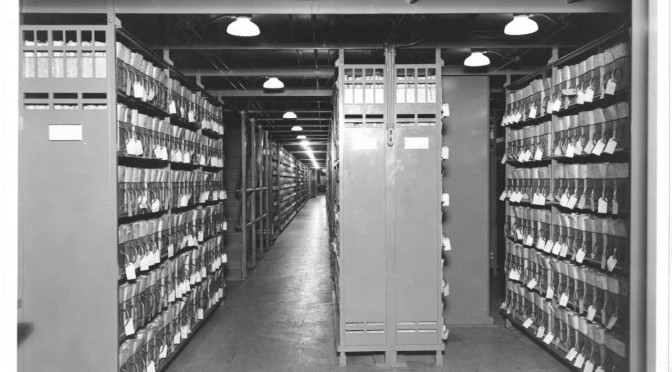Category: Open records
-

During Sunshine Week, here are a few things Wichita could do
The City of Wichita says it values open and transparent government, but the city lags far behind in providing information and records to citizens.
-

Where are our documents?
Government promotes and promises transparency, but finds it difficult to actually provide.
-

Discussion of open government in Wichita and Kansas
Perspectives may differ, but the point is the same — more government transparency leads to more citizen engagement and better outcomes in communities, states, and nations.
-

In Wichita, open records relief may be on the way
A new law in Kansas may provide opportunities for better enforcement of the Kansas Open Records Act.
-

Wichita tourism plan should include spending disclosure
As part of a plan for spending a dedicated tax revenue stream, the Wichita city council should include disclosure of spending. It would fulfill a campaign promise.
-
Assistance needed in obtaining records from a government agency
I am writing to ask your assistance in obtaining records from a government agency. Specifically, I asked Go Wichita Convention and Tourism Bureau for a copy of a contract the organization recently formed with an external entity.
-
Could lower open records fees threaten Kansans’ safety?
Opponents of a bill targeted at reducing the cost of acquiring public documents say it will eliminate a necessary revenue stream for many Kansas government entities.
-
Kansas Open Records Act reform possible
A committee of the Kansas house of Representatives will consider a bill that would make small but welcome reforms to the Kansas Open Records Act.
-

Kansas Open Records Act and the ‘public agency’ definition
Despite the City of Wichita’s support for government transparency, citizens have to ask the legislature to add new law forcing the city and its agencies to comply with the Kansas Open Records Act.
-
Transparency groups want to know where Wichita tax money is going to promote Wichita
Public or private? GoWichita, Wichita Downtown Development Corporation and the Greater Wichita Economic Development Coalition get more than three million dollars a year. Some of that is taxpayer money.
-
Open records in Kansas
Kansas has a weak open records law. Wichita doesn’t want to follow the law, as weak as it is.
-
Kansas local office campaign finance reports
It’s hard to obtain and use local office campaign finance reports in Kansas.